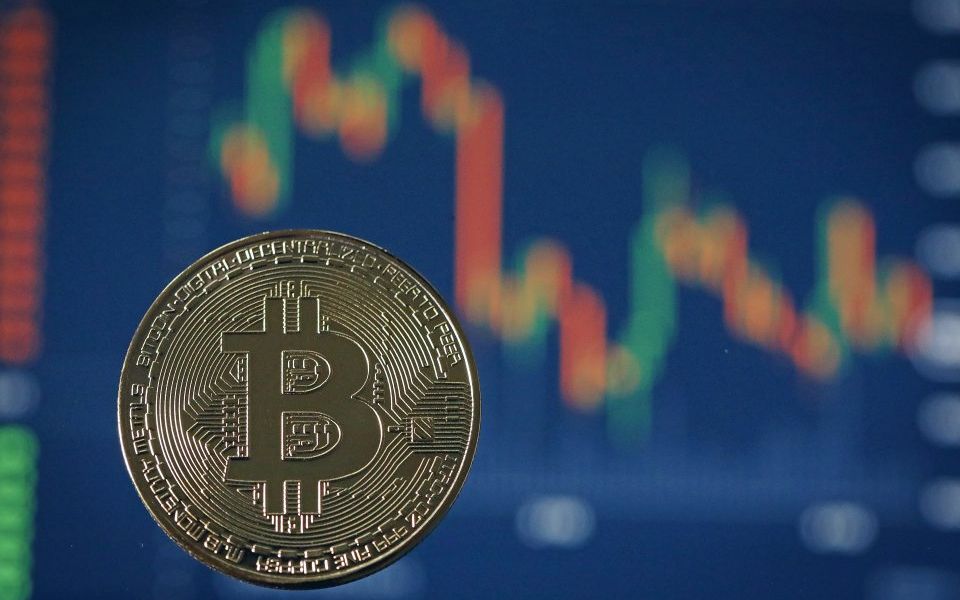
Beware Bitcoin’s bite – why crypto-currency futures might make a risky investment deadly

Deutsche Bank has raised serious concerns about the risk posed to the global financial system by Bitcoin. It’s not the first to red flag the crypto-currency and warn investors that it is a potentially dangerous financial instrument to get involved with.
Others have warned about the dangers of a Bitcoin bubble. European Central bankers have called it a Tulip. And the chief executive of JP Morgan Chase, Jamie Dimon, has been scathing in his criticism of the crypto-currency.
In fact, there has been no shortage of bankers lining up to criticise Bitcoin. Some might argue they have a vested interest in doing so. Bitcoin, as a commodity, is outside the traditional financial community’s control. As a currency, it is outside the control of central banks. Neither situation is something that banks would find satisfactory.
Yet so far the bankers’ warnings have largely fallen on deaf ears.
There may be multiple reasons why Bitcoin might be surging. It might be that Russia, Venezuela, Iran and numerous other countries that are subject to international sanctions are using the crypto-currency to get around certain restrictions.
It would certainly stand to reason that they would at least try. In the last few weeks the Venezuelan President Nicolas Maduro has even suggested launching the country’s own crypto-currency backed by Venezuela abundant oil reserves. Such a currency would be the first to be backed by something tangible like a commodity.
But given that Euro-backed junk bonds are offering ultra-low yields compared to historic averages, perhaps the surge in Bitcoin’s value has a simpler explanation. There has been money sloshing around the world for years – ever since the financial crisis in 2008 – looking for a suitable home and struggling to find one. Given ultra-low interest rates, perhaps it’s simply the case that investors see a good opportunity to make some money.
Profit was certainly the motive on Sunday night, when futures traders were able to trade Bitcoin on the CBOE futures exchange in Chicago for the first time. The immediate impact was to send Bitcoin’s value surging by 17%, to reach more than $18,000 per Bitcoin.
According to critics that’s like putting fuel on the fire. Traders “bet” on the future value of Bitcoin just as they would any other commodity. But given the volatility of Bitcoin, the traders might as well put £100 on the 50-1 outsider at the 3:30pm at Kempton.
Meanwhile, Bitcoin cheerleaders argue the problem with those who say Bitcoin isn't backed by anything is, of course, that they are wrong. Bitcoin is backed by those who have bought it and the multiple currencies with which it has been bought.
If investor A buys one Bitcoin for £100 and then sells it to investor B for $300 the Bitcoin will, firstly have appreciated in value but also have been “backed” by two separate and distinct currencies. So, as long as Bitcoin’s supply is limited, which it supposedly is, and demand remains high, its value will continue to appreciate.
It is only if a great many people decide to sell at the same time and can’t find buyers for their Bitcoins that the price will collapse. There is an argument among Bitcoin investors this could only ever really do damage to Bitcoin itself. The problem is banks like Deutsche aren't so sure.
In fairness to the bankers, it’s probably worth giving them the benefit of the doubt. After all, they’ve been here once or twice before and if they say a run on Bitcoin may represent a bigger threat than those invested in it are willing or able to admit, they may be worth listening to.